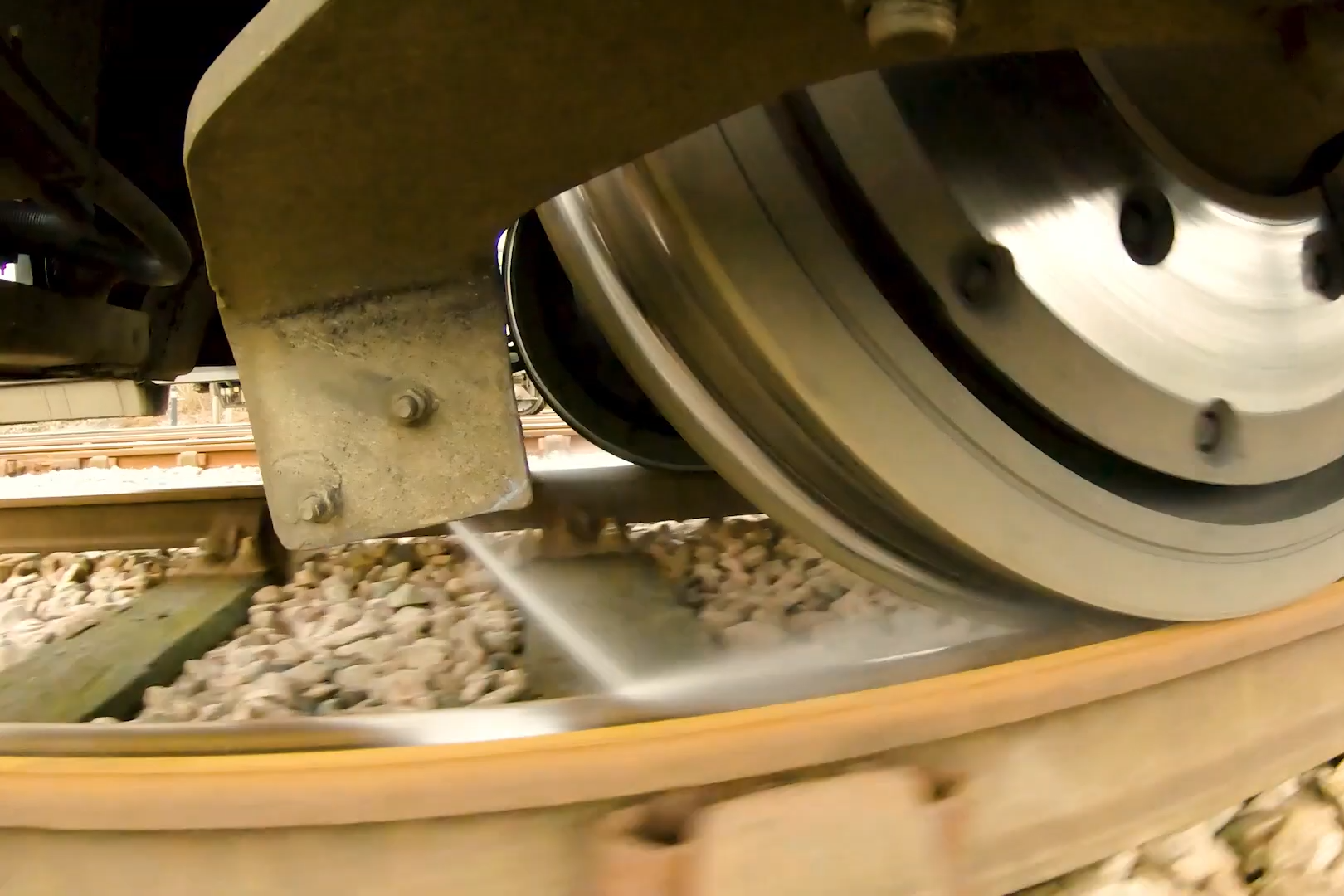Train firm rolls out new leaf-busting technology to ease autumn delays
Northern, which runs nearly 2,000 daily services, is fitting a system to 16 passenger trains which tackles slippery rails.

Your support helps us to tell the story
From reproductive rights to climate change to Big Tech, The Independent is on the ground when the story is developing. Whether it's investigating the financials of Elon Musk's pro-Trump PAC or producing our latest documentary, 'The A Word', which shines a light on the American women fighting for reproductive rights, we know how important it is to parse out the facts from the messaging.
At such a critical moment in US history, we need reporters on the ground. Your donation allows us to keep sending journalists to speak to both sides of the story.
The Independent is trusted by Americans across the entire political spectrum. And unlike many other quality news outlets, we choose not to lock Americans out of our reporting and analysis with paywalls. We believe quality journalism should be available to everyone, paid for by those who can afford it.
Your support makes all the difference.New technology to combat leaves on the line is being deployed by Britain’s second largest train operator.
Northern, which runs nearly 2,000 daily services, is fitting a system to 16 passenger trains which tackles slippery rails by spraying water onto them.
The Water-Trak technology will be used on trains operating between Leeds, Harrogate and York, as well as between Sheffield, Doncaster, Hull and Scarborough.
Leaves cause major disruption every autumn when they stick to damp rails and become compressed by train wheels.
This creates a smooth, slippery layer similar to black ice on roads, reducing trains’ grip.
Speed restrictions are imposed in an attempt to reduce accidents such as the crash between two trains outside a tunnel near Salisbury, Wiltshire on October 31 last year which left 13 passengers and one driver requiring hospital treatment.
A South Western Railway train slipped on crushed leaves, causing it to slide past a stop signal and smash into the side of a Great Western Railway service.
Rail lines have traditionally been cleaned using railhead treatment trains (RHTT) which deploy high-pressure water jets followed by a gel containing sand and steel grain to boost adhesion.
But RHTTs are expensive to run so are mainly limited to busy inter-city lines, meaning some routes are left untreated.
Trains stop safely in heavy rain, so Water-Trak recreates those conditions by dispensing a small amount of water when slippery rails are detected.
This can improve braking performance at a lower cost than using RHTTs.
Trials of the technology have been conducted on two of Northern’s Class 319 trains in passenger service since October last year.
The operator’s seasonal improvement manager Rob Cummings said rolling out the system to more trains is “the next step in finding a solution to tricky autumn conditions”.
He went on: “One of the biggest risks to our performance during October and November is leaves on the line, but by helping to develop new innovative technology we aim to deliver the very best service for our passengers.”
Water-Trak co-founder John Cooke said: “Leaves on the line may seem like a bit of a joke, or an excuse for bad performance.
“But actually, it’s a major issue for the rail industry.
“We are really excited to be working with Northern to show how Water-Trak can help to solve the age-old problem of leaves on the line.”
Some 10 million trees line Britain’s railway, dropping thousands of tonnes of leaves onto tracks every autumn.
The rail industry’s annual bill for autumn-related issues has been estimated at £345 million.